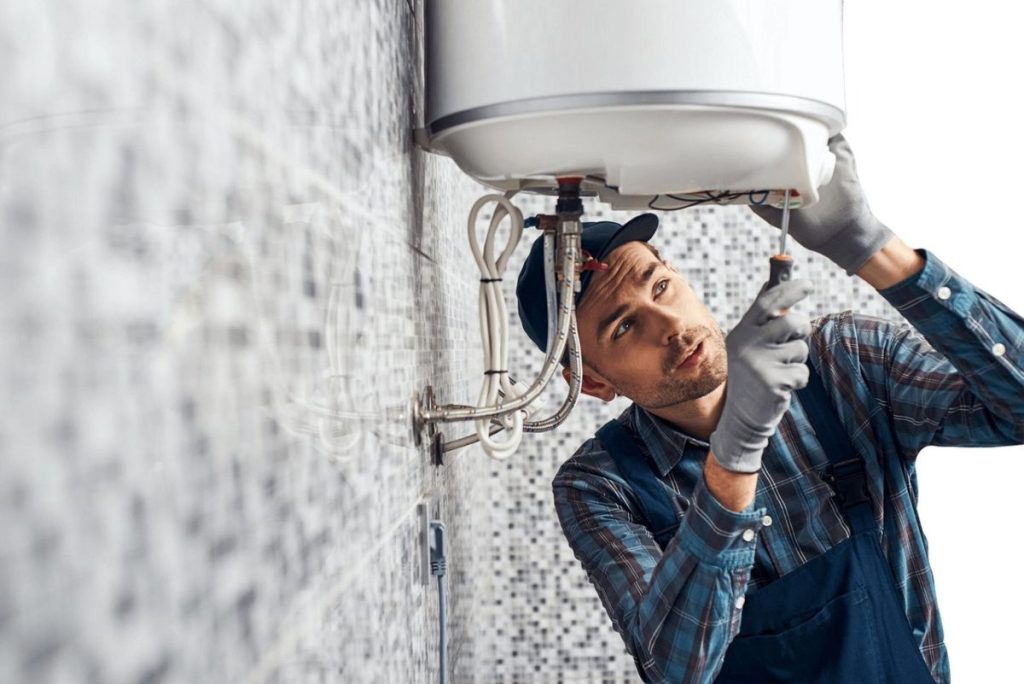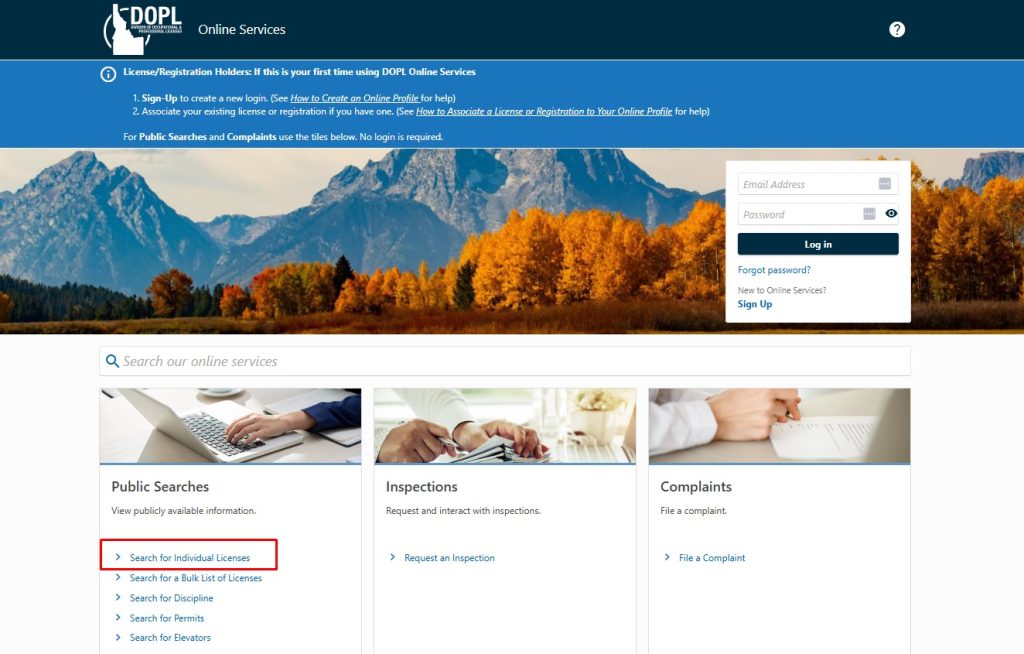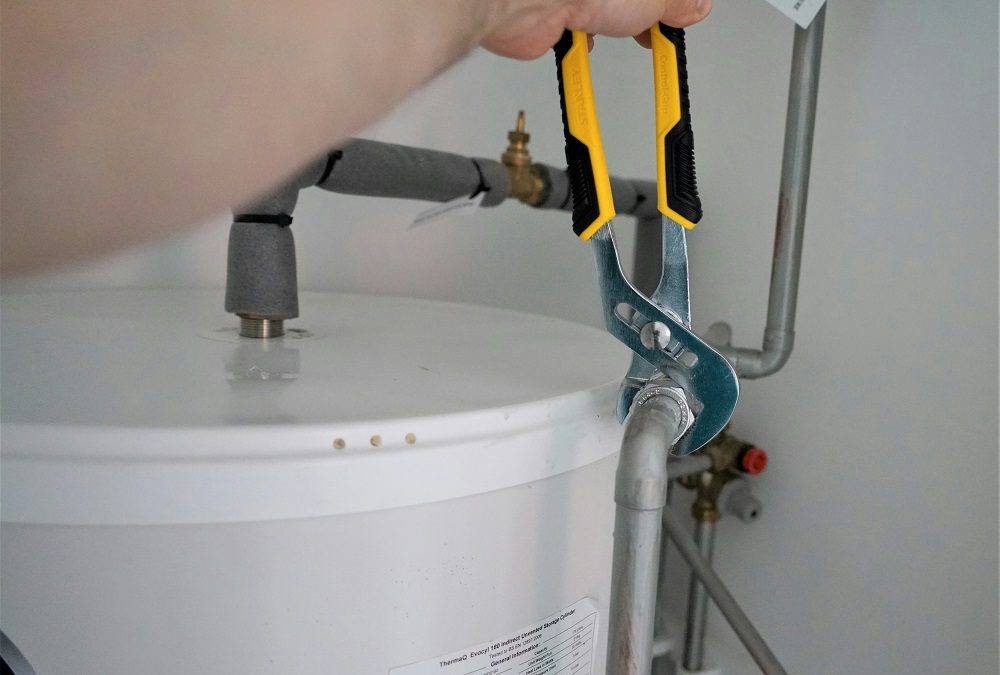The plumbing industry in Idaho is tightly regulated to ensure public safety, health, and the integrity of water systems. At the heart of this oversight is the Idaho Bureau of Occupational Licenses, now known as the Division of Occupational and Professional Licenses (DOPL). This agency plays a pivotal role in setting standards, licensing professionals, and enforcing regulations that govern plumbing work throughout the state.
Understanding the Regulatory Framework
The Idaho Bureau of Occupational Licenses, through the State Plumbing Board, establishes and enforces the rules and statutes that all plumbing professionals must follow. These regulations are designed to protect consumers, maintain high standards of workmanship, and ensure that plumbing systems are safe, reliable, and up to code. The rules are codified under the Idaho State Plumbing Code, which sets the legal requirements for plumbing installations, repairs, and inspections across both residential and commercial properties.
The State Plumbing Board, operating within DOPL, is responsible for adopting and updating these codes, reviewing licensing applications, and handling disciplinary actions when violations occur. The Board consists of members with diverse expertise, including contractors, journeymen, and public representatives, ensuring a balanced approach to regulation and oversight.
Licensing Requirements for Idaho Plumbers
To perform any plumbing work in Idaho, individuals and businesses must be properly licensed—a process overseen by the Division of Occupational and Professional Licenses. The state issues several types of licenses, including apprentice, journeyman, and contractor licenses, each with its own set of requirements.
Apprentice Plumbers
Prospective plumbers must first register as apprentices, which involves submitting an application and paying a fee. Apprentices work under the direct supervision of licensed journeyman or contractor plumbers, gaining hands-on experience and classroom education over a period of four years and accumulating at least 8,000 hours of supervised work.
Journeyman Plumbers
After completing the apprenticeship, candidates must pass a comprehensive exam that tests both theoretical knowledge and practical skills. Successful applicants earn the journeyman license, allowing them to work independently on plumbing installations, improvements, and repairs.

Plumbing Contractors
Journeymen who wish to operate their own plumbing business or supervise other plumbers must obtain a contractor license. This requires at least 2.5 years of journeyman-level experience, passing a contractor exam, and securing a surety bond. The bond acts as a safeguard for consumers, providing financial protection in cases of misconduct or substandard work.
All plumbing licenses must be renewed periodically, and license holders are expected to stay current with changes in codes and regulations through ongoing education and professional development.
Permitting and Inspections
One of the key functions of the Idaho Bureau of Occupational Licenses is to oversee the permitting and inspection process for plumbing work. Before beginning any significant plumbing installation or repair, a permit must be obtained from the Division. This ensures that all work will be performed according to the Idaho State Plumbing Code and subject to inspection by qualified officials.
Inspections are critical for verifying that plumbing systems are installed correctly, safely, and efficiently. Inspectors check for compliance with building codes, proper materials usage, and adherence to safety standards. Any deficiencies must be corrected before the permit can be finalized, helping to prevent future problems such as leaks, contamination, or system failures.
Why Licensing and Oversight Matter
The rigorous licensing and regulatory framework maintained by the Idaho Bureau of Occupational Licenses serves several critical purposes:
- Consumer Protection: Licensing helps ensure that only qualified professionals perform plumbing work, reducing the risk of shoddy workmanship and unsafe installations.
- Public Health: Proper plumbing is essential for safe drinking water and effective wastewater removal, preventing contamination and disease.
- Accountability: The surety bond requirement for contractors provides a financial safety net for consumers in cases of fraud or negligence.
- Uniform Standards: Statewide codes and inspections promote consistency and reliability in plumbing systems, regardless of location.
Staying Informed and Compliant
For plumbers, staying informed about licensing requirements, code updates, and best practices is essential. The Idaho Bureau of Occupational Licenses offers resources, meetings, and updates to help professionals remain compliant and deliver top-quality service. For homeowners and business owners, verifying that your plumber is properly licensed and permitted is a crucial step in ensuring safe, lasting results.

Book a Trusted, Licensed Plumber in North Idaho Today
Plumbing oversight in Idaho exists to protect your home, your water, and your peace of mind. At Burkhart Plumbing, our licensed professionals follow every rule, regulation, and inspection standard set by the Division of Occupational and Professional Licenses (DOPL).
Connect with our team today to schedule fully licensed plumbing service and get the expert support your property deserves.

